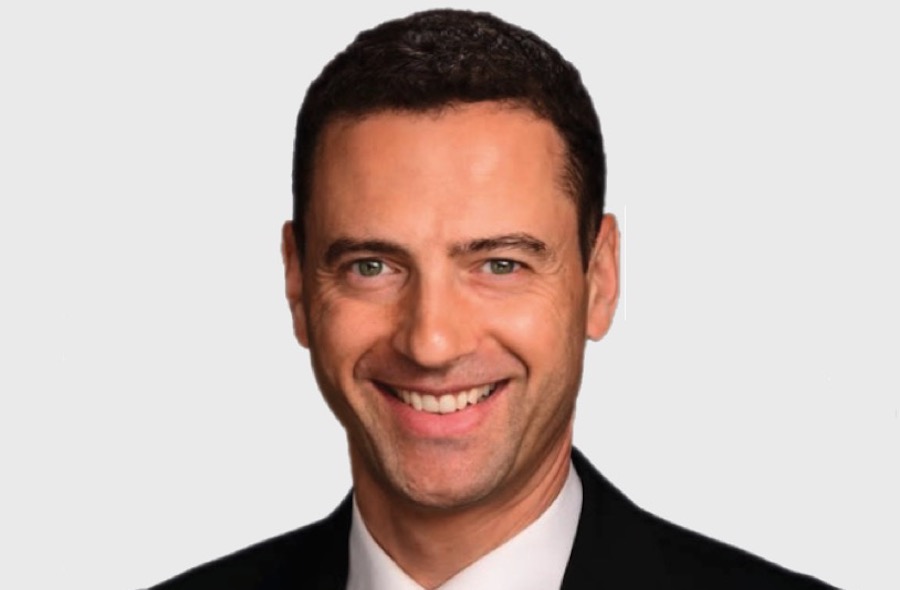
Gary Nagle. (Image: Glencore | Twitter.)
Proxy adviser Glass Lewis, one of Glencore’s (LON: GLEN) top shareholders, is pushing investors to vote against the company’s plans to pay its new chief executive Gary Nagle up to $10.4 million.
In a report for clients, Lewis said it was concerned that the remuneration package for Nagle was “excessive for a newly appointed CEO with no previous experience of running a publicly listed company.”
Glencore announced in December that Ivan Glasenberg, its long-serving CEO, was to step down this year and be replaced by Nagle, who was head of its coal mining business.
The Swiss miner and commodities trader group has only had three chief executives since founded in 1974. Glasenberg had received a flat annual salary of $1.5 million since Glencore listed in 2011, so Nagle will be the first subject to a conventional pay arrangement. The bulk of his remuneration, however, would from short and long-term incentive schemes.

Nagle, who is set to take over Glasenberg at the end of June, is effectively set to receive up to $6.4 million in any one year, as 40% of his bonuses will be held back until two years after he leaves post. This ignores any share price changes, distributions or share awards.
“We consider a base salary of $1.8 million in conjunction with a short-term incentive opportunity of 250% of salary and an RSP opportunity of 225% of salary, to be excessive,” Glass Lewis said.
Glencore had said in its latest annual report it considered Nagle’s proposed remuneration to be sensible and aligned with shareholder interests.
Climate goals
Another bone of contention Glencore faces at the upcoming annual general meeting, scheduled for April 29, is to obtain approval for its newly set emissions targets.
The firm revealed in December an ambitious plan to reach net-zero emissions by 2050 through reducing its direct and indirect carbon footprint by 40% by 2035, compared to 2019 levels.
Glencore, one of the world’s largest coal producers, also said it would focus on investing in metals considered “vital” for the transition to a lower carbon world.
While the company noted that thermal coal’s weight on the group’s earnings has dropped between 10% and 15%, from 25-40%, it said it did not believe that selling its coal mines would help reduce associated emissions.
The company has already made some concessions. It promised last year to cap coal production, not to make any further coal acquisitions that would add to overall output, and to align its business strategy with Paris climate targets.
Glencore, also a major cobalt and copper miner, has highlighted its current exposure to those two metals, which are essential in the production of electric vehicles batteries and renewables.
Both the CEO pay scheme and the “greener” objectives are just some of the challenges Glencore needs to overcome. The company faces pressure on multiple fronts, including corruption probes, pollution accusations, and a share price that has lost half its value over the past decade.
No comments:
Post a Comment